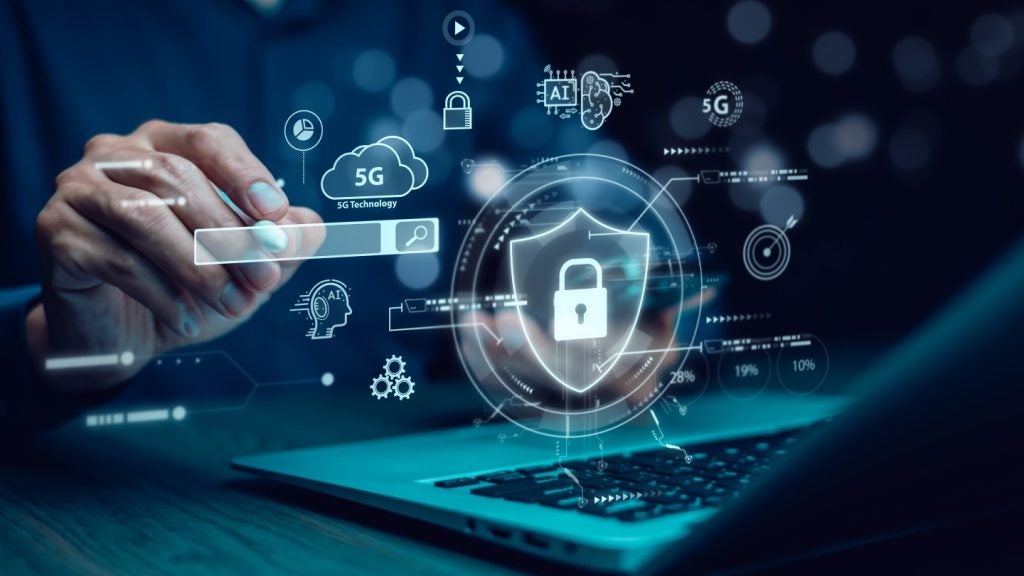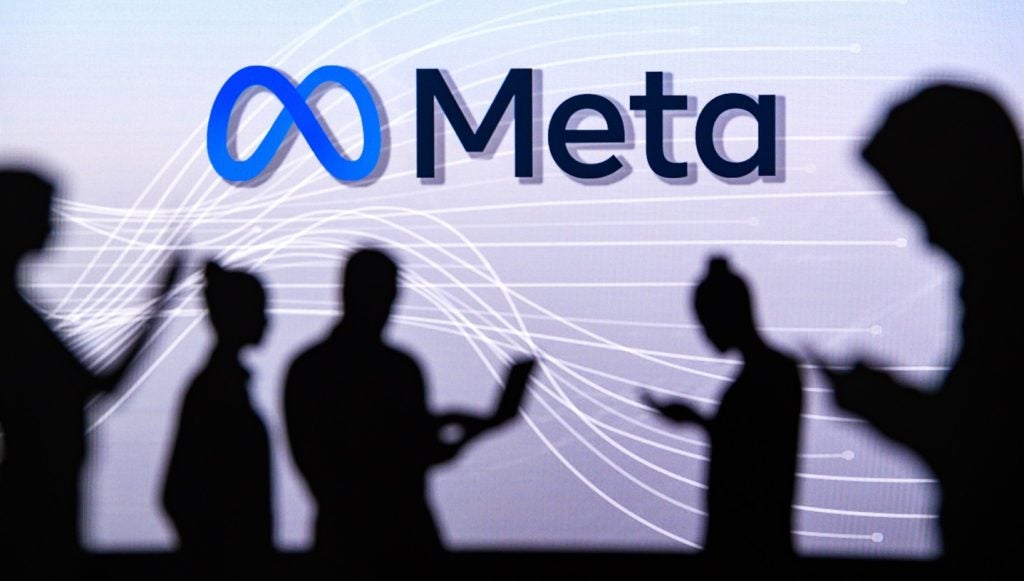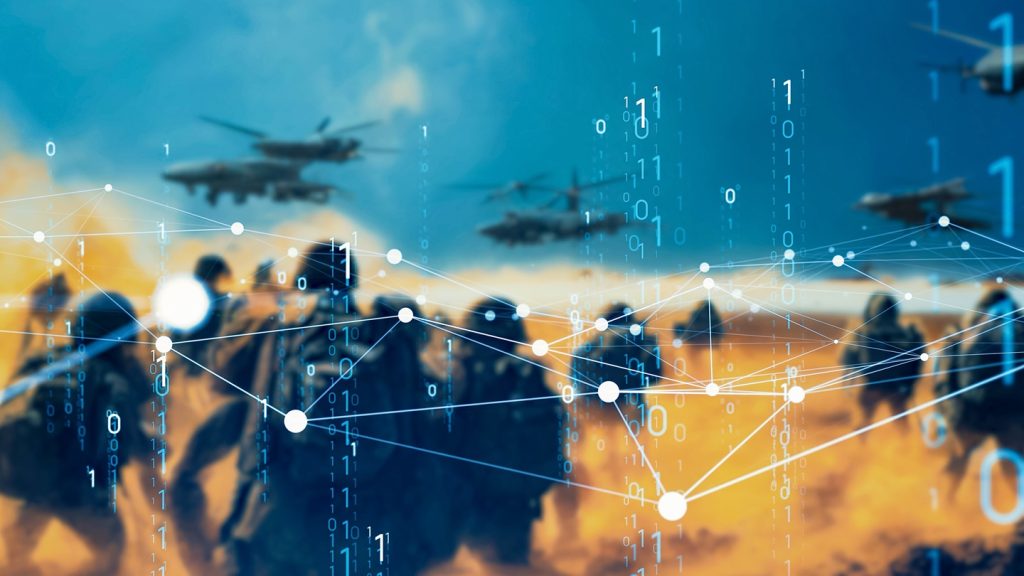
The New South Wales (NSW) Department of Education has “deactivated” internal computer systems after being targeted in a cyberattack a week before the start of the school term.
The Australian state government said it took systems offline on Wednesday as a precaution while it investigated the hack.
The attack has left teachers unable to access classroom materials and email systems.
“The timing of this creates considerable challenges for staff as we prepare for the start of Term 3,” said Georgina Harrisson, NSW education secretary in a statement.
“Thankfully, our teams have been able to isolate the issues and we are working to reactivate services as soon as possible.”
Harrisson added that she is “confident” that NSW will restore its computer systems before the first day of term and that there will be “no impact on students learning from home next week”.
How well do you really know your competitors?
Access the most comprehensive Company Profiles on the market, powered by GlobalData. Save hours of research. Gain competitive edge.

Thank you!
Your download email will arrive shortly
Not ready to buy yet? Download a free sample
We are confident about the unique quality of our Company Profiles. However, we want you to make the most beneficial decision for your business, so we offer a free sample that you can download by submitting the below form
By GlobalDataIt follows NSW government agencies being compromised as part of the wider SolarWinds hack in December and January. NSW Health said in June that some patients had their data accessed by the Russian hacking group behind the cyberattack.
It is not known if the NSW Department of Education cyberattack is linked to the previous hack, or whether a ransomware payment has been demanded. NSW said it was working with law enforcement to investigate the hack.
“The education sector continues to be caught up in cyberattacks – but not always due to a targeted approach,” said Jake Moore, cybersecurity specialist at ESET. “Although they often tend to have weaker security, they are also less likely to pay ransoms as they simply do not have the necessary funds available, so they are often collateral damage.
“While under attack it will often be painstakingly difficult and time-consuming to restore to an earlier point, but ideally more money needs to be pumped into schools and universities to bolster their older and weaker security.”






